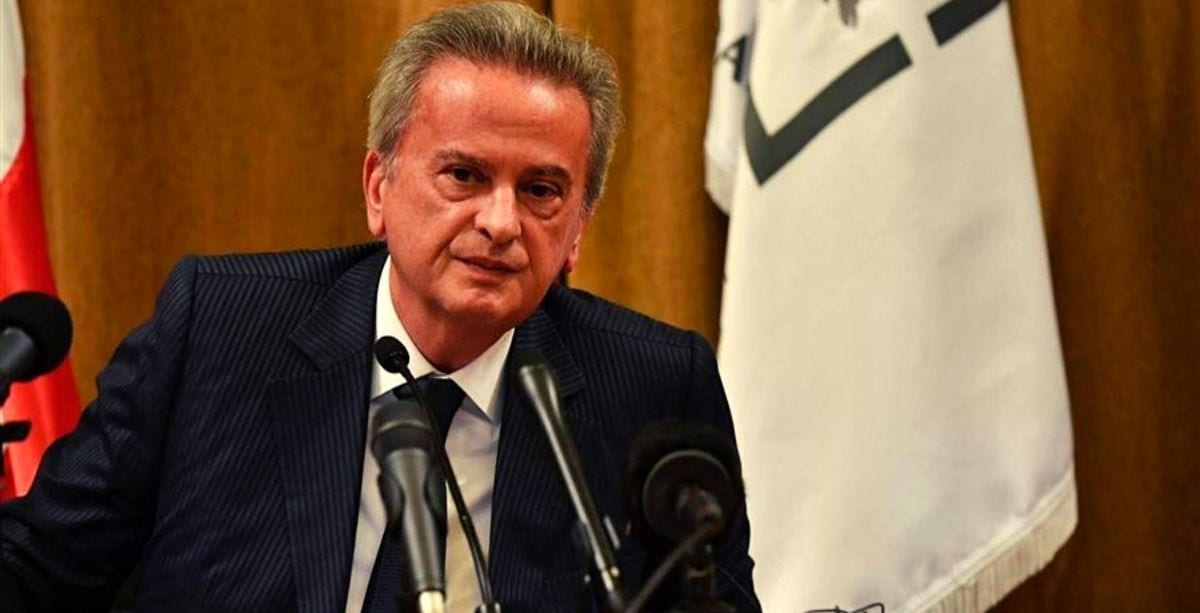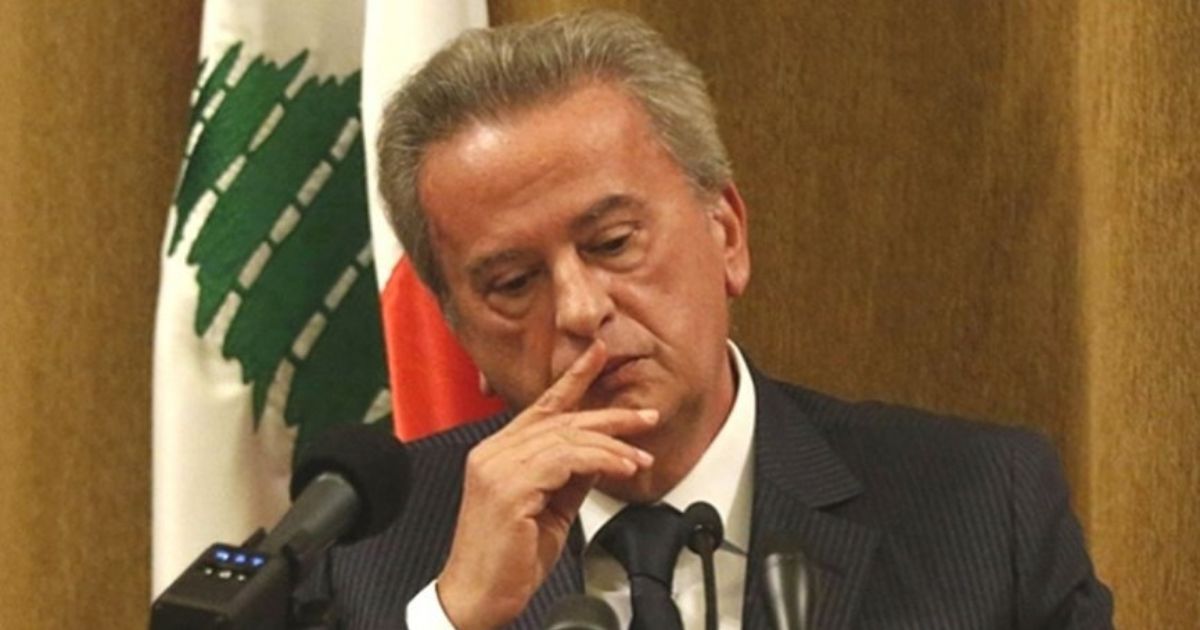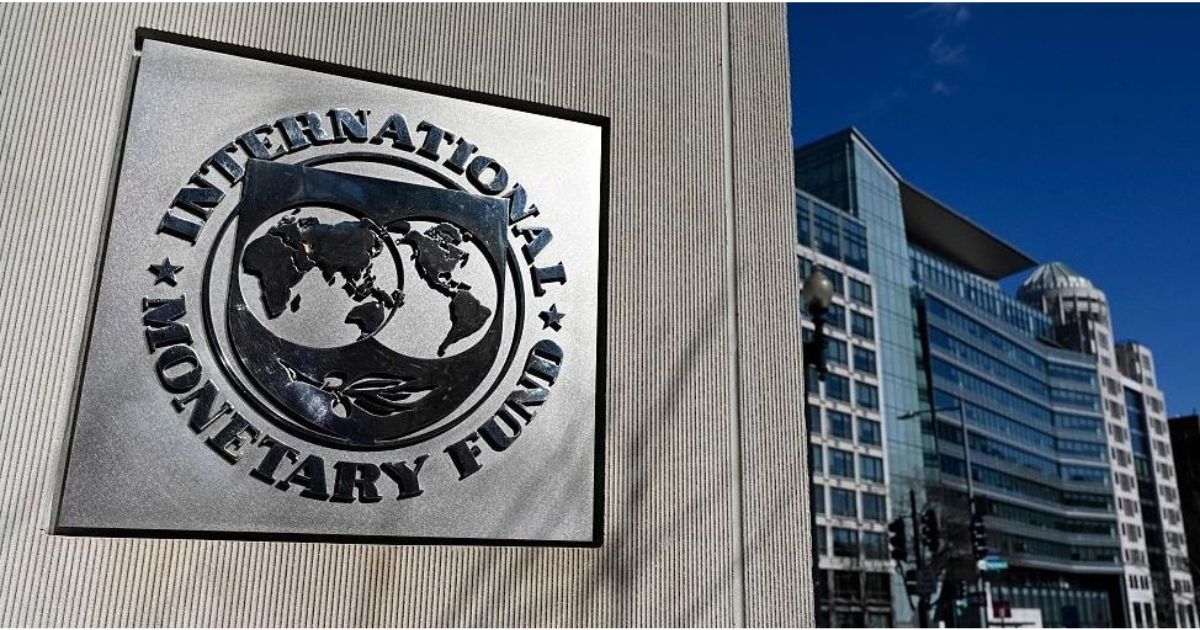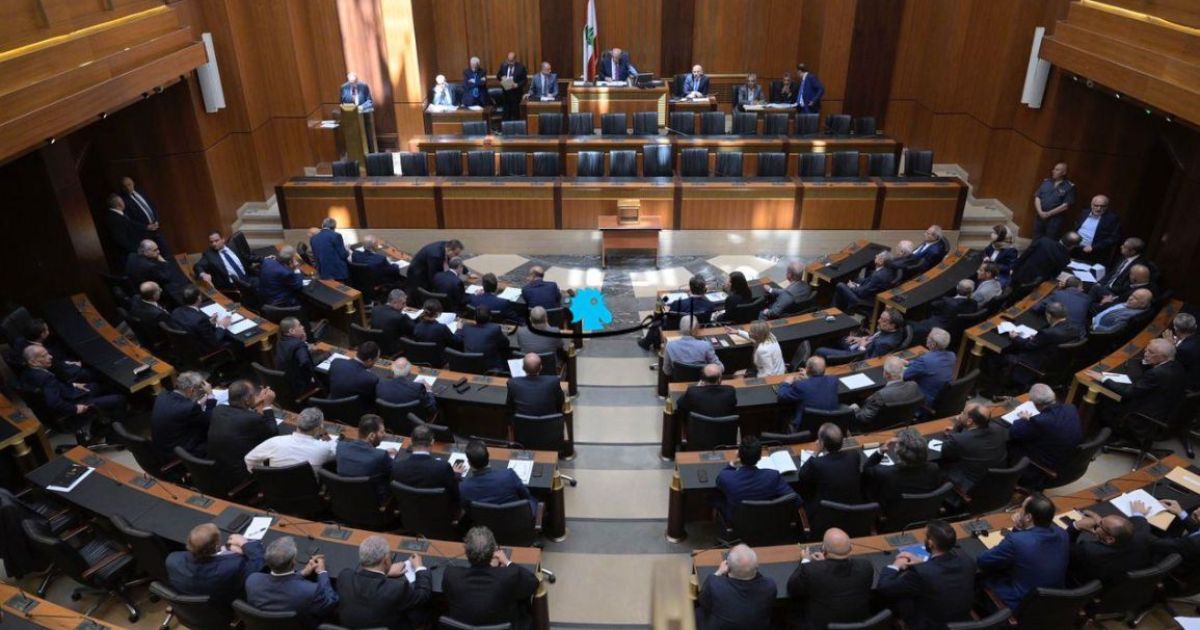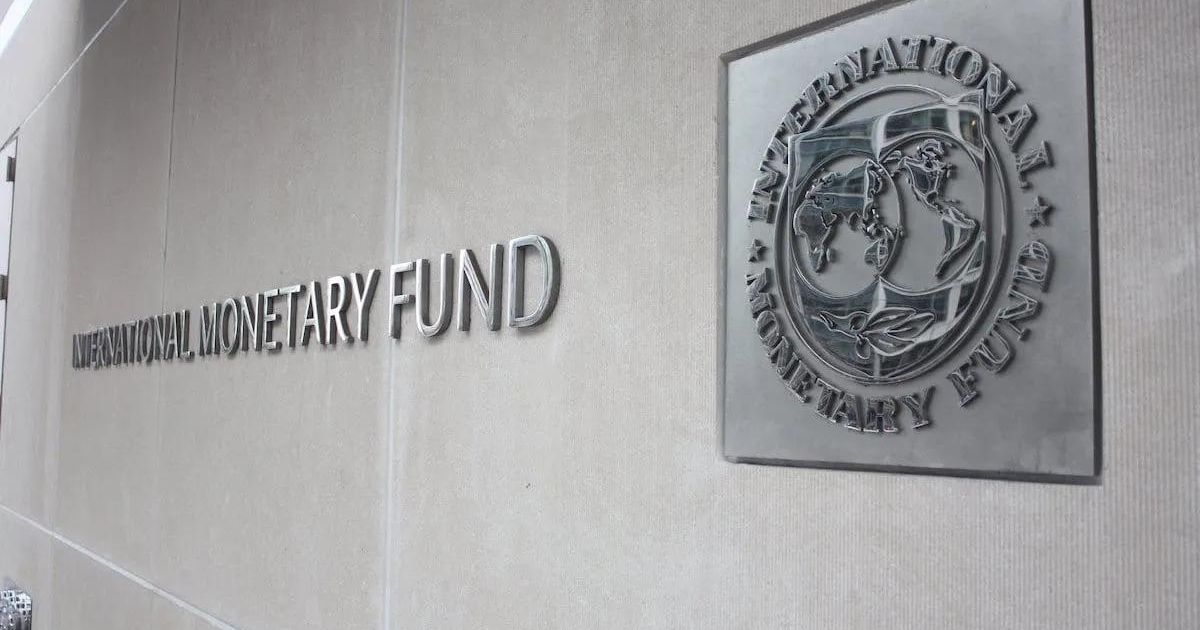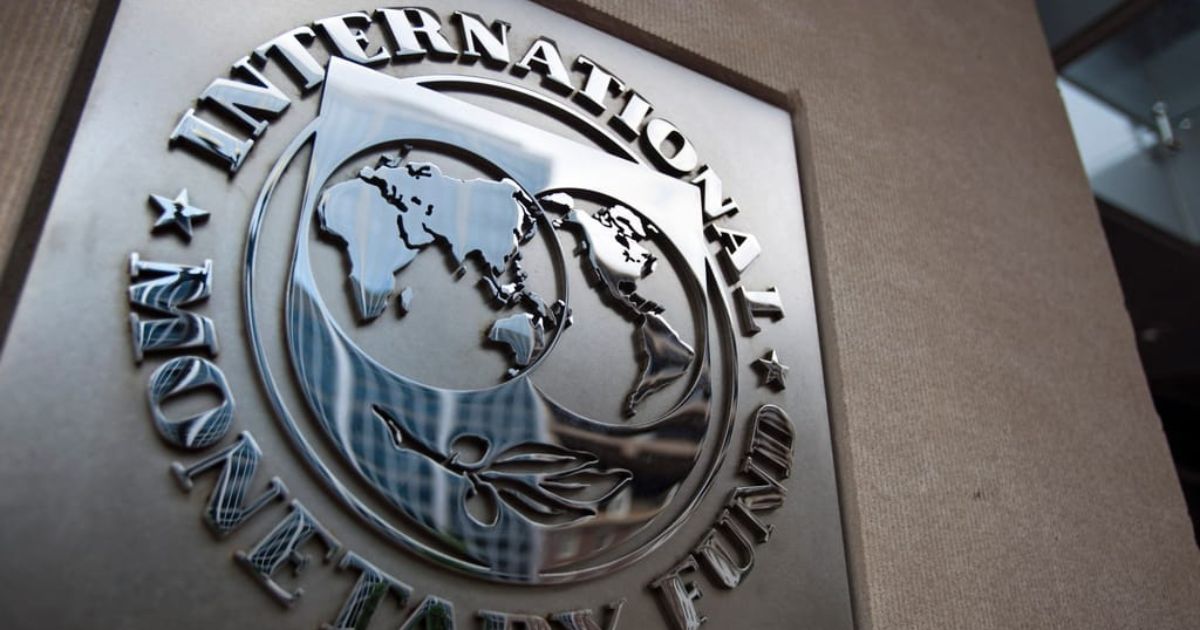“You are igniting the exchange rate…”
It seems that the last negotiation session between Lebanon and the International Monetary Fund did not go as smoothly as would have been desirable.
On Wednesday, the 16th IMF-Lebanon negotiation session took place in a charged atmosphere that only spells that more obstacles are in the way. As per local media, the negotiation session took place in two parts.
The first was a one-on-one meeting between the leader of the IMF’s representatives team in talks with Lebanon and the Lebanese central bank governor.
On the other hand, the second meeting included the rest of the finance officials representing Lebanon, including the Lebanese finance minister.
According to a report published by Al-Akhbar, the discussion reached a dead-end after the IMF team’s leader, Martin Cerisola, and Central Bank Governor Riad Salameh failed to reconcile their findings on Lebanon’s financial losses.
A major target of this discussion was to work out a unanimous and, more importantly, an accurate set of numbers that represent the real losses that the Lebanese financial sector has incurred.
“We do not know along which path we will work with you. If there are no unified numbers, how will we complete these negotiations?” Cerisola asked Salameh.
The latter responded with the assertion that the numbers he has presented are based on “international accounting standards.” But, “if this is what you want, we will follow the government’s plan and what you say,” he added.
However, Cerisola dismissed Salameh’s claim of using such standards.
He pointed out that “the difference is that we look at it from the point of economic impact, while you look at it in an accounting way, and here is the dollar today in the Beirut market amounting to 9,000 pounds.”
“Our estimate of losses exceeds the government’s estimates,” the IMF representative pointed it out.
What Riad Salameh said next seemingly caught the macroeconomics expert off-guard. Salameh proceeded to say that the parallel market is small in size, does not exceed $8 million a day, and is “not reliable in determining the exchange rate.”
He went on to talk about the new exchange rate application and the other policies imposed on money changers recently to regulate the flow of U.S. dollars in the market, and this was when Martin Cerisola became irritated.
“If you are in denial,” he angrily said, “this means that you do not accept that the real [exchange rate] is the one in the black market.”
“You are igniting the exchange rate; anyone who has $100 can spend it in the black market for 9,000 pounds and buy with it $300 from the money changers.”
The IMF representative then proceeded to criticize the government’s overall handling of its financial plan, indicating that Parliament’s proposal of an alternative plan means the original plan is yet to be agreed upon and “still ink on paper.”
“More than once we have told you that stopping the deterioration of the exchange rate requires the approval of capital controls,” he asserted, before Finance Minister Ghazi Wazni intervened, promising that “the project will be ready in two weeks.”
Irritated once again, Cerisola retorted: “You don’t have two weeks!”
Notably, Minister Wazni recently said that he will not support the forensic audit of the Central Bank.
Overall, yesterday’s meeting can be summed up with Martin Cerisola’s comment: “There are no unified numbers for losses, and we do not know how to continue these negotiations.”
The lack of agreement on these numbers, among various instances of mismanagement and an apparent unwillingness to reform, is what caused Henri Chaoul and Alain Bifani, two of Lebanon’s IMF negotiations team, to quit in June.
Regrettably, unlike the IMF expert team, the Lebanese people know too (painfully) well this infamous turning-around-the-bushes’ method that covers up misgovernance of their country’s affairs.
Numbers not matching, figures given randomly, excuses that defy reality, the blame of others’ instead of assuming responsibility, officials putting their political party’s interests above the country, and on and on.
The problem that the officials who are resisting solutions and reforms are failing to acknowledge, even to themselves, is that if Lebanon collapses it will take everybody down, including them and their local businesses, not only the people.


